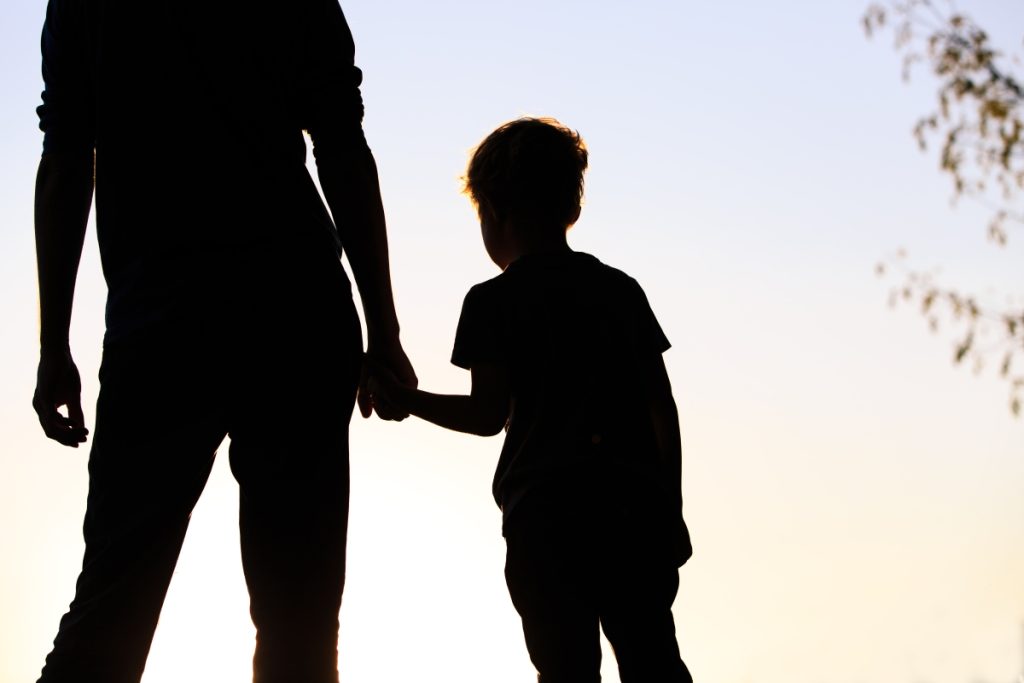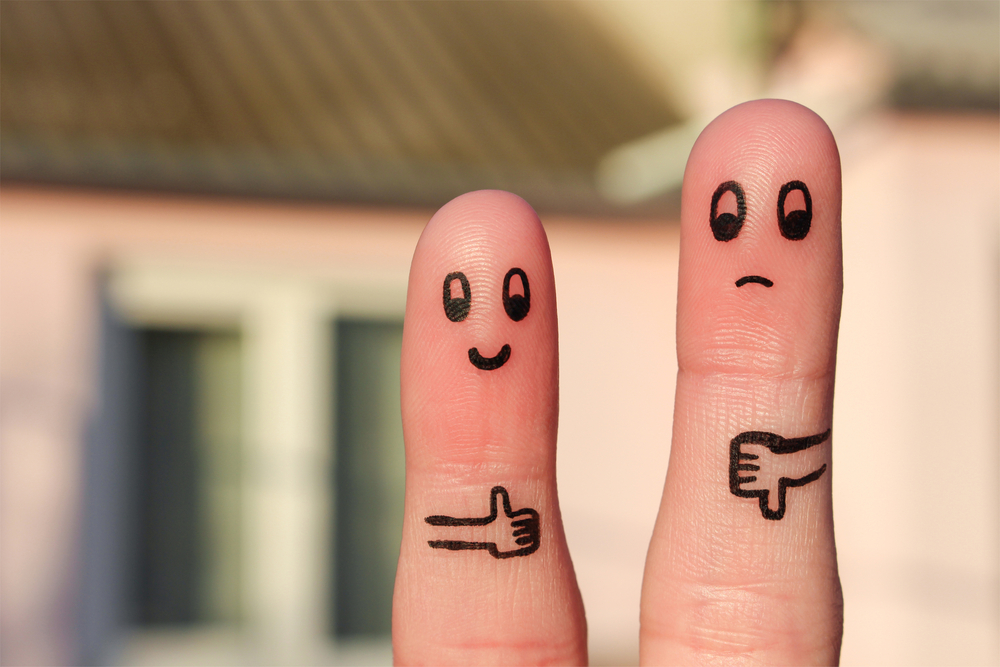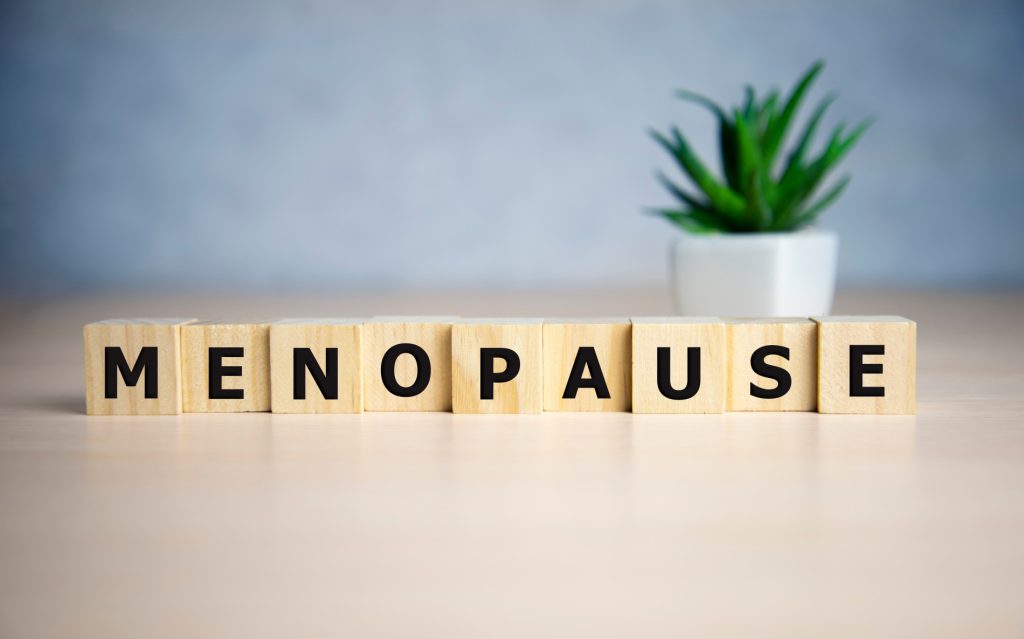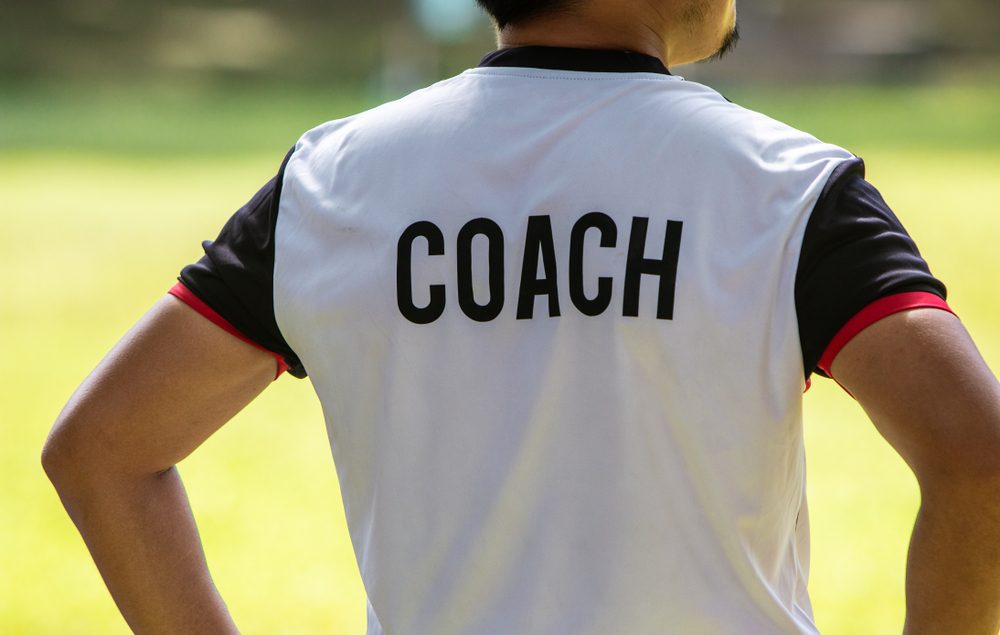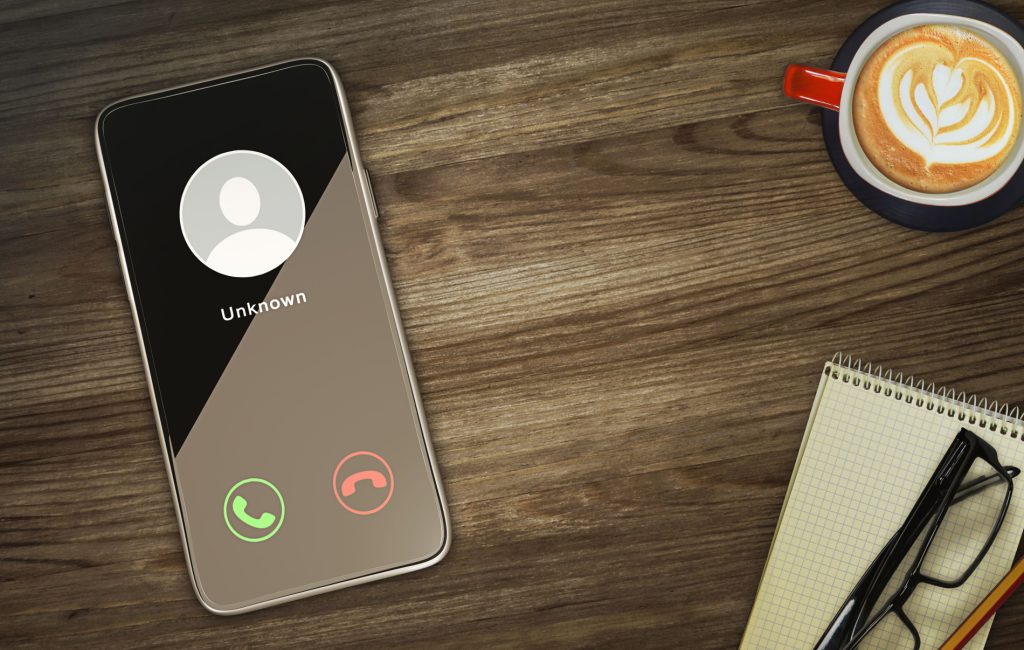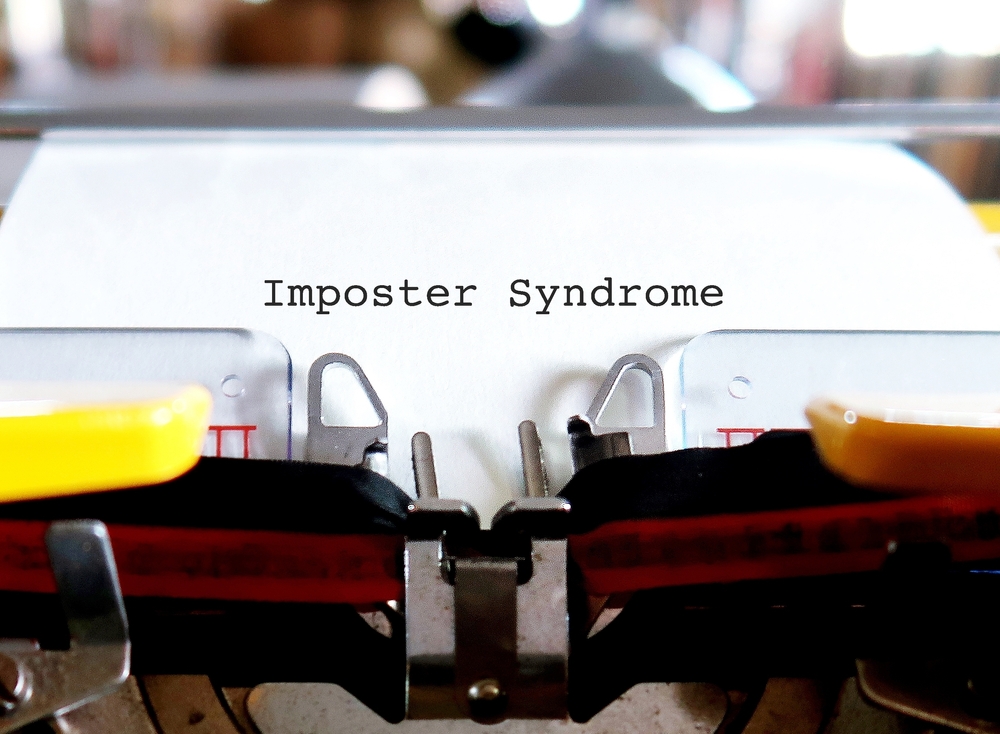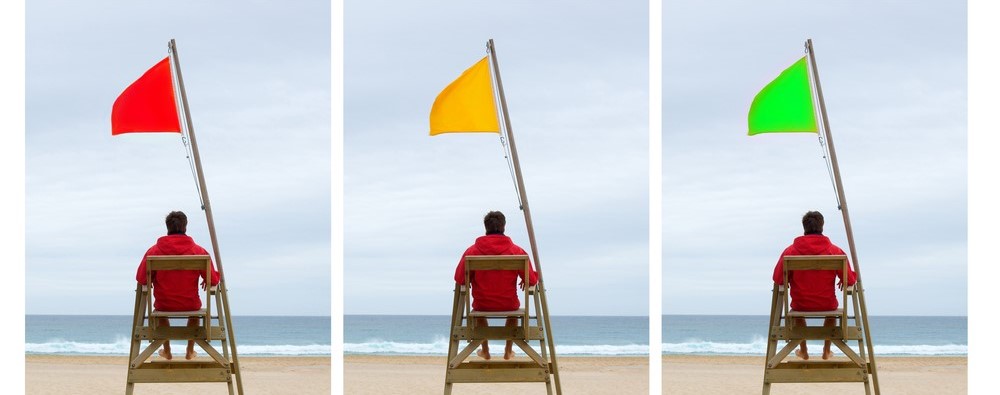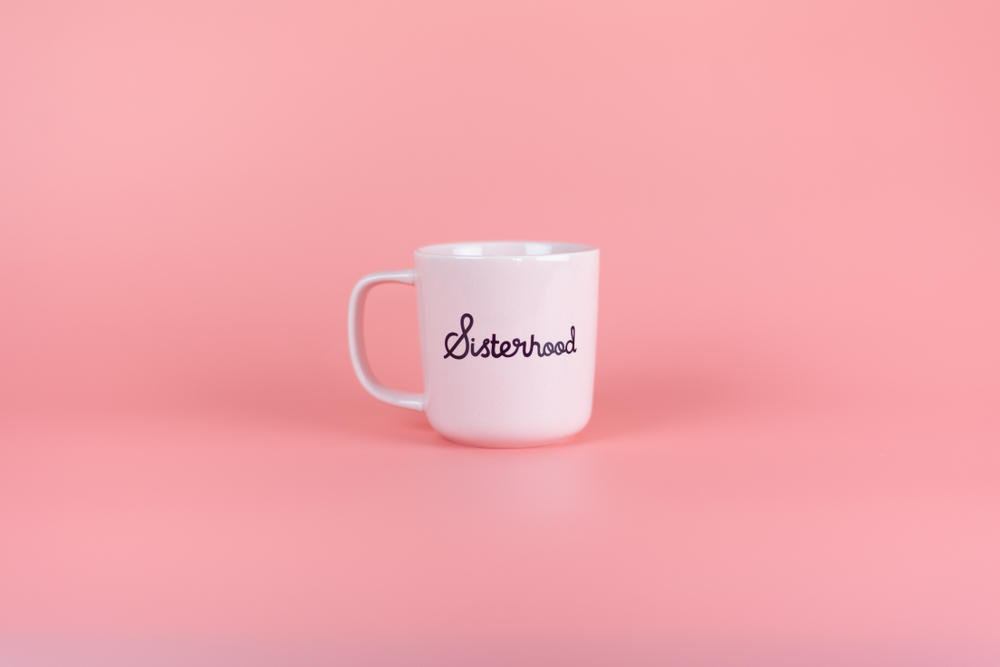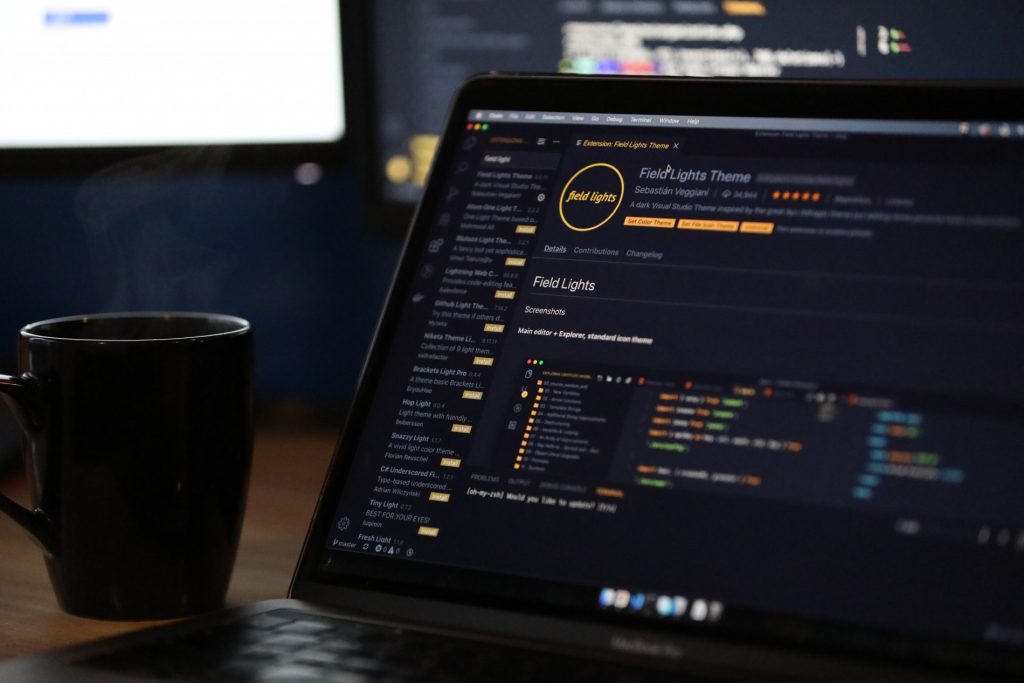Has working from home been the demise of dressing to impress?
On the public's insistence to discuss (at length) what women wear, and what this means for us at work and in job interviews.
Election night television might sound like a tedious way to spend a Saturday night, but to watch Anthony Green at work is to watch a compelling and captivating performance. I remember watching the 2016 election and somewhat naïve to the role of a political analyst, I watched him in fascination, as he tapped and swiped at the blue and red graphs and charts. A prior commitment to attend a school mum’s Sex and the City trivia night meant that I would miss this year’s election night and other than the actual result of the election, I didn’t get to pay much attention to Anthony and his PowerPoint.
The next day there was obviously a plethora of news and stories about the outcome. But there were two separate stories and though not newsworthy, they became ‘news.’
Jenny Morrison’s dress and Leigh Sales election outfit.
There were conspiracy theories about why Leigh was wearing white (which she went on to debunk later on her Instagram) and then references to Jenny’s dress by the late Carla Zampatti – the internet lost its collective mind trying to figure out if her dress was blue or teal and honestly don’t we have better things to talk about.
It has long been said that we should not judge a book by its cover.
A couple of months ago I was listening to a social commentary podcast and the hosts were talking about the request from the Australian Services Union to Qantas CEO Alan Joyce asking him to review the current dress code policy of flight attendants. My first thought was that I have always been mesmerised by the presentation of a flight attendant. They dress like they have their shit together and if I’m on a plane and there is smoke coming out of the wing then I’m going to want the staff to look like they know what they are doing. Dress code policies for Flight Attendants have long been a part of an airline’s brand and in my view the way the attendants present signals authority and to an extent represents an expected behaviour from the passengers.
That said, the request from the union was centred around making the uniforms more gender inclusive and upon discovering that female flight attendants are required to wear smaller watches than the men, I recognised that once more we still have a way to go for more inclusivity.
We’ve always had a dress code policy at Pure Source Recruitment and at the core of it is ‘dress accordingly.’ According to your day, your meetings, your interviews, the weather and in my case, what is back from the dry cleaner.
Workplace dress codes often get a bad rap which I find surprising because we are happy to be told to wear cocktail to a party or black tie to a wedding, but when it comes to workplace dress codes there is a valid argument being that how you present at work and what you wear is not, and should not, be a reflection on your ability to do a good job. This is true. Nobody should be defined by the clothes that they wear but I also support the belief that how you present can have a direct influence on your mindset. Enclothed cognition is a phenomenon that is the psychological theory that clothes have the power to impact our mood and thus our productivity.
The pandemic took many things from us, lives, livelihoods, plans and dreams. It upended how we work, and most would agree that there were positives that came out of this shift. We took stock of what is important, shares in Zoom went up and the hybrid workplace model became the new normal. What I have since noticed is that with the uptake of working from home we’ve also seen a change in the way some people approach the workplace dress code and more specifically, interview dress codes.
I feel compelled to admit that I am now about to open up a proverbial can of worms.
Employers rightfully want their employees to come to work and make an effort to do good job. It’s what colleagues want from their fellow team members because making a collective effort demonstrates team work. When I am interviewing, I am working with a candidate to identify several competencies relevant to the role I am recruiting for and though ‘making an effort’ isn’t an actual competency, I do have an expectation that candidates come to an interview that shows they are respectful to the interview process and this includes to dress accordingly. In fairness, this mostly happens but, and I suspect it is result of ‘working from home’ but I see a demise of the idea to dress to impress, or dress for the job you want. It is not uncommon now to have candidates interview in jeans, leisurewear and casual attire and this is where I become stuck.
You see clothes bring me joy. With a tiny bit of shame I will admit Westfield is my happy place. Clothes make me happy, and they are an expression of myself and how I am feeling. Because of this I have to remember that for others, what they wear is of little or interest or desire. Clothes do not always maketh the person and that is absolutely okay. Just because someone doesn’t share my joy for new season Witchery does not mean I should put my enthusiasm on to them.
To be clear, this isn’t about labels or money. Sneza Jovanovic is an Australian fashion blogger, and her Kmart fashion haul reels on Instagram are inhaled by her 80K followers, me included.
I don’t care if you wear Kmart or Witchery to a job interview, what I care about is the effort you make and wearing active wear because you are working from home on the day of your interview doesn’t feel like an effort is being made and this is where I’m stuck because how can I advocate for not judging a book by its cover and yet feel fazed by interviewing someone wearing lululemon.
I know how important it is to assess a candidate on their skills and competencies to do a job as well as their willingness, coachability, work ethic and attitude. I don’t want to place value on a candidate by what they wear, but I also look for people who demonstrate a genuine interest in the interview process. It’s no secret that current job market favours the candidate and to some degree this has created an indifference to job interviews.
Part of me wonders if the candidate’s choice of activewear for an interview is a reflection on my industry and not a reflection on the candidate. That agency recruiters are not to be taken seriously and that it is just an ‘agency interview’ not a proper one.
The sign of an open mind is being prepared to challenge your existing beliefs which is why I started writing this blog a couple of weeks ago but haven’t been able to finish it because I’ve been trying to find out where exactly I’m trying to land. Does it really matter how someone presents to an interview? Has working from home changed our work wardrobe and if so, do employers care?
Not all dress codes are created equal. It seems ludicrous that a female Flight Attendant has to wear a smaller watch than her male counterpart, but surely it isn’t unreasonable to expect someone to dress appropriately for an interview. The challenge is when something like ‘appropriate’ is so subjective, how do you define it?
